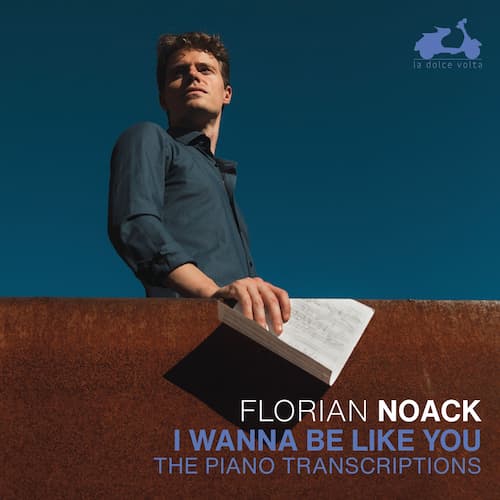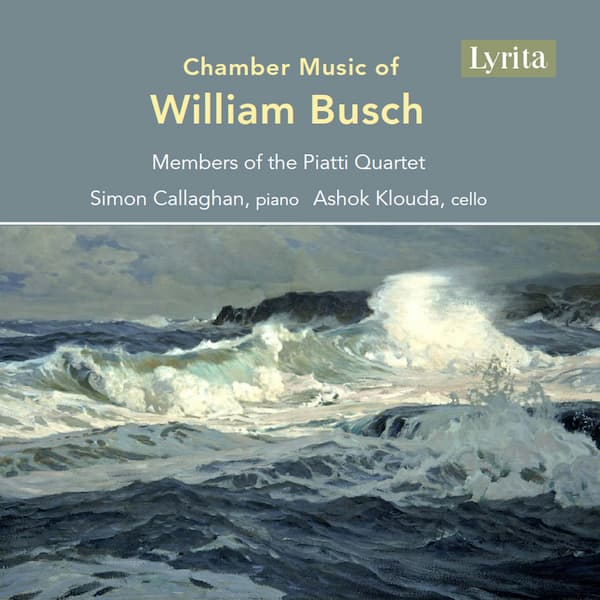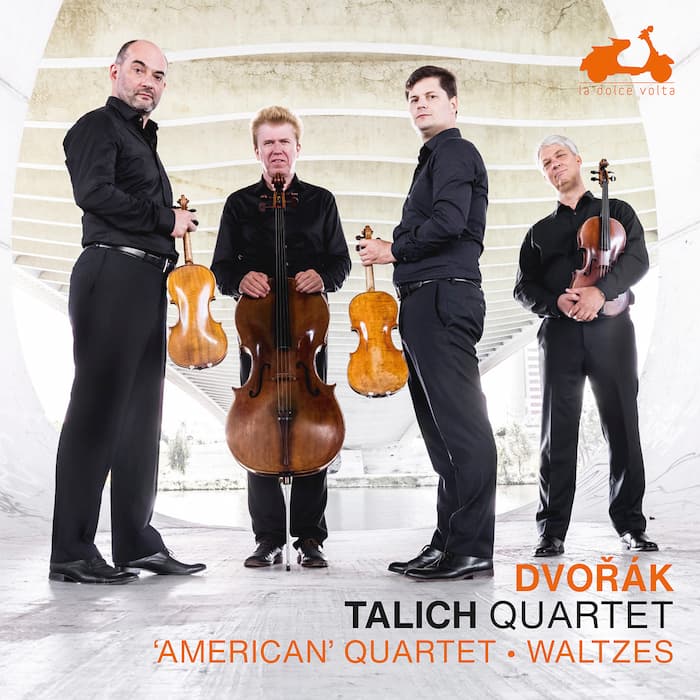A new recording on Ulysses Arts of the string quartets of British composer Paul Henley’s String Quartets Nos. 1 and 2 is a far cry from Goethe’s imaginary discussion between 4 intelligent people. This isn’t a rational discussion but rather one with four adamant and opinionated people.

Paul Henley
The cellist isn’t merely the bottom support but has something definite to say. The viola, rather than being just a filling voice, inserts yet another viewpoint. The two violins trade for parity. It’s a fascinating change and one that makes you consider each of the four characters in the quartet as separate entities.
The four-movement String Quartet No. 1 of 2017 opens with major seconds upper voices and a cello entrance with syncopation and triplets, a stone thrown into the gently rocking pool. The first movement is built on the conflict between duple and triple, the syncopation and the rocking seconds adding to that conflict. The second movement is edgy from the very beginning, again filled with cross-filtered syncopation. The third movement, a gentle Andantino cantabile, brings respite, but not entirely. The last movement, with a buzzing start, is unsettled, looking for a theme, an idea, a key, something to ground it. Here’s where the cello provides a secure base while the high strings still vainly search. Even to the end, the tension remains high, with major and minor seconds seemingly unhappy in their search for resolution.
The 2021 String Quartet No. 2 ups the anger level.
Paul Henley: String Quartet No. 2 – I. Allegro molto
This quartet is in 3 movements, with the central movement providing a needed break from the sizzling emotions of the outer movements. The syncopated Adagio provides a link back to the first quartet and its syncopations. The violin has a wandering descending melody, answered by the cello in single notes. The timbre is dark in all voices. The work is dedicated to the performers on this recording: the Jarualda Quartet.
Two additional tracks for string quartet, Elegy and Piangendo (Weeping), fill out the recording. Elegy was written in 2015 in memory of Paul Henley’s foster parents, Margaret and Bob Bridges, who died in 1979 and 2011.
The 12-minute Elegy is deeply felt and melancholic. We feel the composer is wandering, lost without his two familiar mainstays.
Piangendo, written in 2019, was dedicated to the Allegri Quartet, founded in 1953 and considered Britain’s longest-running chamber music ensemble. As befits its title, Weeping, it’s full of dark and descending lines. Melancholy rules it’s sound. By the end, though, a small gleam of hope has inserted itself, and all does not end in the dark.
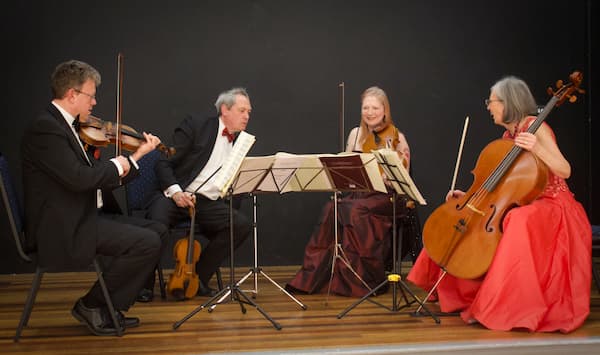
Jarualda String Quartet
The Jarualda Quartet was formed in 2021 by Alex Postlethaite and David Joyce on violin, Jane Park on viola, and Ruth Henley on cello. Unlike most quartets that come together at university, this quartet came together because composer Paul Henley was frustrated that he couldn’t even get his works rehearsed, let alone performed. His wife, Ruth, phoned around and 3 friends appeared. Brought together for a specific need, the quartet quickly discovered that their ensemble sense was empathetic, and so the Jarualda Quartet (the name comes from the first two letters of each of the names) was born. Formed during lockdown, they have emerged as a group that champions new music as much as old.
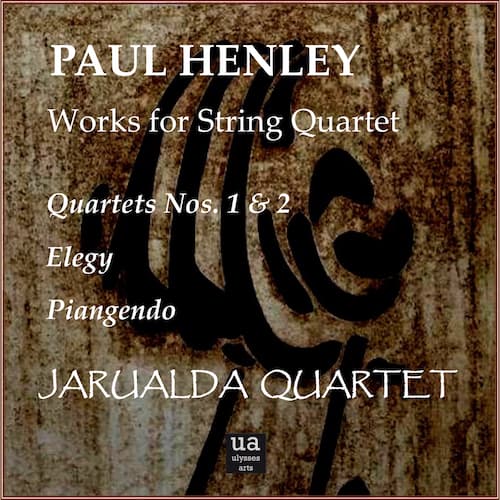
Paul Henley: Works for String Quartet
Jarualda String Quartet
Ulysses Arts US240020
Official Website
For more of the best in classical music, sign up for our E-Newsletter

